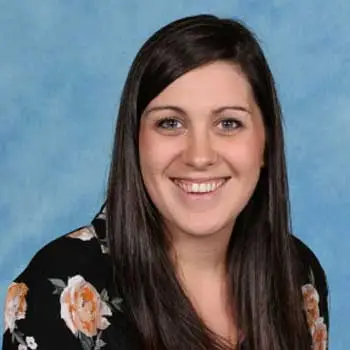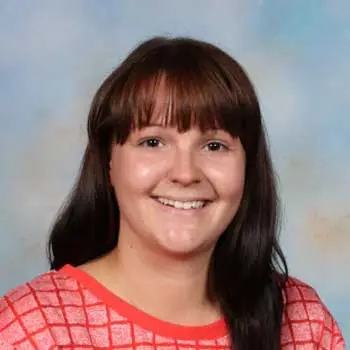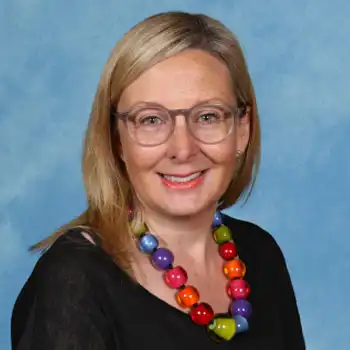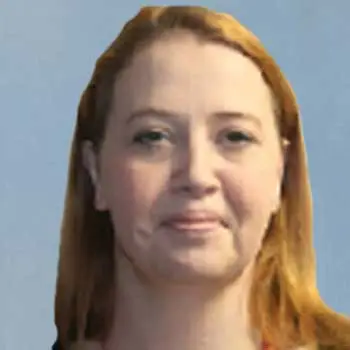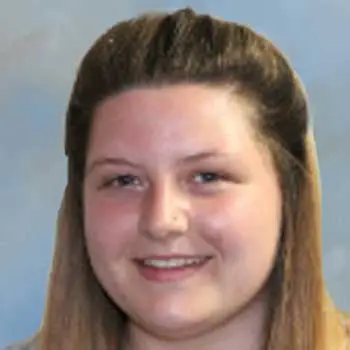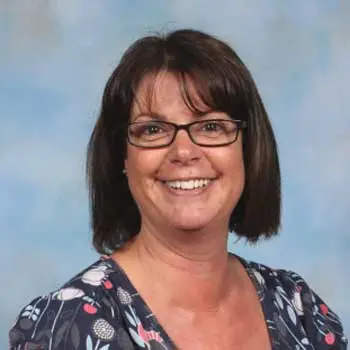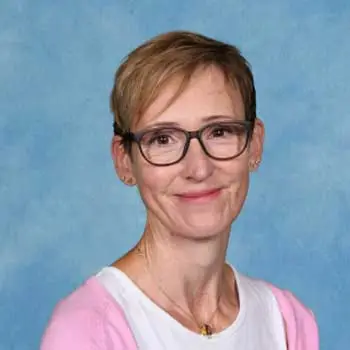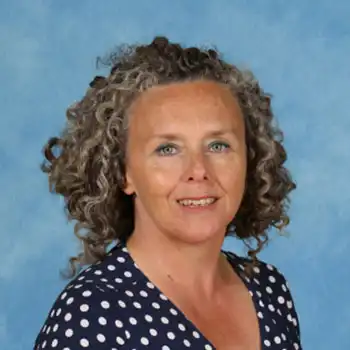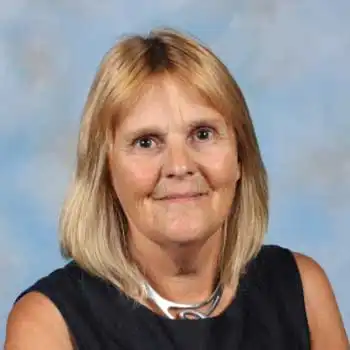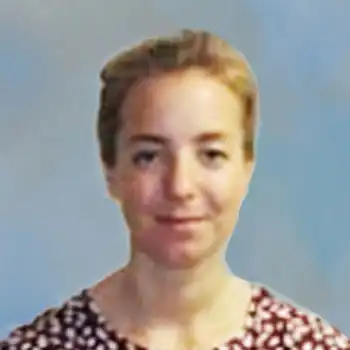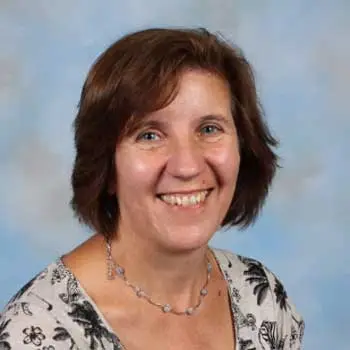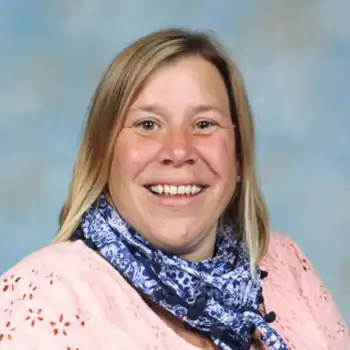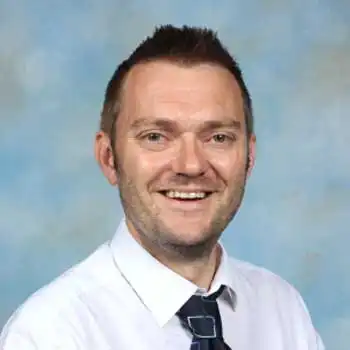Education for Everyone
Thomas Hardye SEND (Special Educational Needs & Disabilities) support is used to enable and empower our young people,
so that they develop confidence and growing independence.
Education for Everyone is our ethos, we call our Department E for E.
The E for E Staff
Contact: efore@thomas-hardye.net
Parents/carers and family play a vital role in the education of young people and have a unique insight into their children's needs.
Please contact the SEND Department (E for E) if you have any questions or concerns about your son/daughter.
Complex Communication Needs (CCN)
The Complex Communication Needs (CCN) Base at The Thomas Hardye School is a 9 place resourced provision for young people who are experiencing significant communication difficulties. These difficulties are severe enough to affect the way in which they communicate and interact with other people on a day to day basis.
The aim of the CCN base is to work with these students to develop their social skills, confidence and independence, both learning and the wider world.
Students who have places in the base will usually have an Education Health Care Plan (EHCP). Places in the base are agreed at termly meetings attended by a panel of professionals. They will decide together if the young person meets the entry criteria for the Base.
Young people who are allocated a Base place will have:
- Specific difficulties with social communication skills
- Difficulties in social interaction
- Specific difficulties in language comprehension
- Significant functional difficulties in communication or,
- Severely disordered development of language or communication skills
that has persisted despite specialist intervention
They may also have:
- Specific processing difficulties affecting the ability to make sense of information
- Sensory processing difficulties
- A degree of inflexibility of thought and behaviour, requiring consistent routines
- Anxiety linked to difficulties in communication
Support from specialist staff
Students will be able to access the curriculum of a mainstream school; but need extra help and support to do this. This might mean individual teaching or enhanced support on a day to day basis. The base leader, deputy base leader and teaching assistant team offer 1:1 targeted support, group skills building and in-lesson support to help students develop the skills they need.
Working with other professionals:
The CCN base is supported by speech and language therapists and by an occupational therapist. These professionals run group and 1:1 sessions to work with students on their specific needs.
Home-School communication
Working in partnership with parents/carers is essential in helping students gain the most from both school and home. We aim to build good communication links with home, and work closely with parents/carers throughout students’ time at The Thomas Hardye School.
Physical Disabilities
The Thomas Hardye School is equipped to provide support for students with a range of physical disabilities to help them access the curriculum and all areas of the school.
Students with a visual impairment are supported by assistive technology and support staff as are students with a hearing impairment who are also supported by staff who use sign language. Students with physical disabilities or limited mobility can access most areas of the school using lifts and are supported by staff to enable them to participate as fully as possible in all school activities. The school has a physio base which works with local physiotherapists and other professionals to provide regular physiotherapy sessions when needed. All necessary support is also provided to students who require assistance with welfare needs.
Physical Disablility (PD) Base
The Physical Disability (PD) Base is a ten-place resourced provision for young people with physical disabilities, these disabilities require additional support and interventions to help the young person access the school.
The PD base ensures the provision of specialist equipment to support students with their individual care and learning needs. The PD teaching assistants receive in depth training from the local Physiotherapist to be able to confidently carry out the programme.
The aim of the PD base is to promote and support independence and to support our students to access the curriculum and reach their full potential.
More information about the PD base can be found here.
Intervention
A young person has SEND where their learning difficulty or disability calls for provision different to, or an addition to, what is normally offered for all young people.
This additional provision may include one of the following interventions:
- 1:1 Literacy
- Group Literacy
- Peer Literacy
- Numeracy Intervention
- Communication Groups
- Physiotherapy
- Assistive Technology
- Study Skills
Teaching Assistants
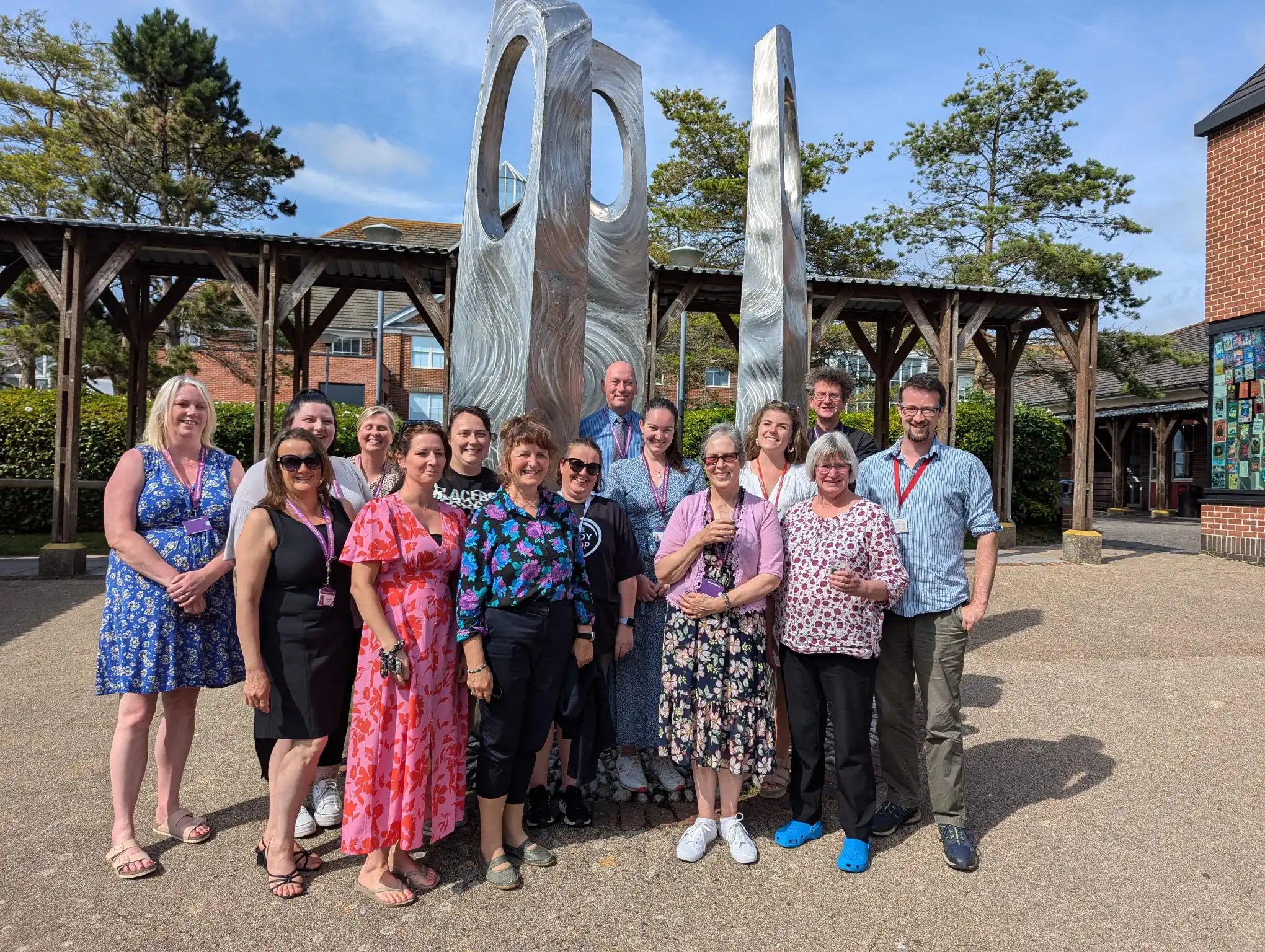
We have a team of Teaching Assistants (TA) who support our young people in lessons
Exams
Access arrangements are the reasonable adjustments made to examinations to enable young people with SEND to access GCSE and GCE qualifications. They are designed to meet the needs of the student without affecting the integrity of the assessment (JCQ 2015).
Young people can qualify for the following arrangements:
- 25% Extra Time
- Reader/Computer Reader
- Scribe
- Use of Laptop
- Rest Breaks
- Prompt
Assistive Technology
Assistive Technology provides an alternate mode of performing a task so that disabilities are compensated for or by passed entirely. We are currently using the following to support our young people.
- Read Write Gold (computer reader)
- Reading Pens
- Dragon (voice activated software)
To qualify for access arrangements the young person will need to have an assessment. A referral for assessment must come from the young person’s Class Teacher and they must be able to evidence that this is their normal way of working.
Any recommendations arising from this will need to be supported by the Class Teacher, in order to make sure it is the young person's normal way of working.
